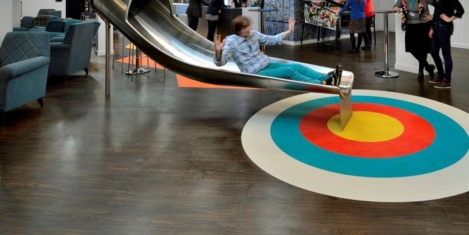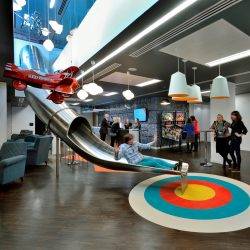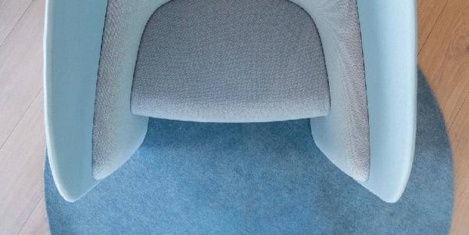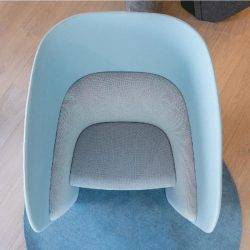December 17, 2018
More than half of employees have experienced some form of workplace bullying
 More than half (52 percent) of employees in global organisations have encountered workplace bullying and felt psychologically unsafe at work, according to a new study conducted by City & Guilds Group. The report also claims that only one in ten firms proactively take steps to support staff mental health, and found a major discrepancy in how senior management and employees view psychological safety in the workplace. Almost all of respondents surveyed (94 percent) said that they consider psychological safety to be “important”, but just 10 percent of businesses are seen to treat it as a priority. In part this seems down to confusion over accountability; almost half (43 percent) of senior management expect HR to deal with the psychological safety of employees at work, while the majority of employees (56 percent), believe line managers and senior management should take the lead.
More than half (52 percent) of employees in global organisations have encountered workplace bullying and felt psychologically unsafe at work, according to a new study conducted by City & Guilds Group. The report also claims that only one in ten firms proactively take steps to support staff mental health, and found a major discrepancy in how senior management and employees view psychological safety in the workplace. Almost all of respondents surveyed (94 percent) said that they consider psychological safety to be “important”, but just 10 percent of businesses are seen to treat it as a priority. In part this seems down to confusion over accountability; almost half (43 percent) of senior management expect HR to deal with the psychological safety of employees at work, while the majority of employees (56 percent), believe line managers and senior management should take the lead.











 Almost half (49 percent) of UK employees admit they speak to colleagues about health concerns before sharing it with a partner or loved one, claims new research by Bupa Health Clinics. Stress, sleep, anxiety and weight problems are among the main concerns being discussed by employees at work, before confiding in those closest to home. The new report found that 46 percent of employees prefer to talk about health with a colleague over a loved one. Many do so with good intentions with more than a third finding it easier to talk to a colleague as they are less likely to worry.
Almost half (49 percent) of UK employees admit they speak to colleagues about health concerns before sharing it with a partner or loved one, claims new research by Bupa Health Clinics. Stress, sleep, anxiety and weight problems are among the main concerns being discussed by employees at work, before confiding in those closest to home. The new report found that 46 percent of employees prefer to talk about health with a colleague over a loved one. Many do so with good intentions with more than a third finding it easier to talk to a colleague as they are less likely to worry.


 Over a third (35 percent) of UK workers continue to work when then get home from the office, claims research from
Over a third (35 percent) of UK workers continue to work when then get home from the office, claims research from 
 Well over half of workers do not think enough support is given to employees suffering from mental ill health in the workplace, as according to research released today by Personal Group a startling 39 percent of respondents said their workplace does not offer any mental health support for employees. And of all employees surveyed 66 percent felt their employer does not offer enough support for employee mental health. This corporate apathy felt by employees arrives at a time when awareness of mental health issues in the UK is on the rise. 80 percent of respondents said they had noticed an overall increase in awareness of mental health generally in the UK, however a staggering 62 percent said they noticed no change in the levels of awareness in the workplace.
Well over half of workers do not think enough support is given to employees suffering from mental ill health in the workplace, as according to research released today by Personal Group a startling 39 percent of respondents said their workplace does not offer any mental health support for employees. And of all employees surveyed 66 percent felt their employer does not offer enough support for employee mental health. This corporate apathy felt by employees arrives at a time when awareness of mental health issues in the UK is on the rise. 80 percent of respondents said they had noticed an overall increase in awareness of mental health generally in the UK, however a staggering 62 percent said they noticed no change in the levels of awareness in the workplace.













December 17, 2018
Don’t be a turkey, get on the commercial property gravy train
by Jo Sutherland • Comment, Property
(more…)